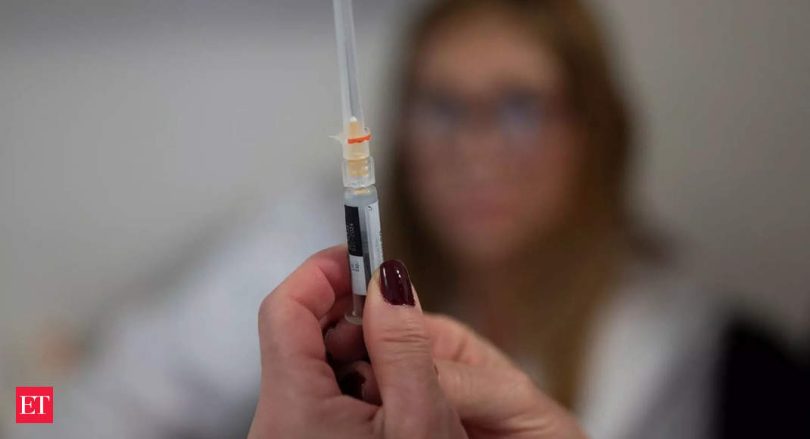[ad_1]
India, South Africa, and 80 other WTO members had proposed a response for future pandemics, but the ministerial outcome of 2022 only covered Covid-19 vaccines, with the US delaying an outcome on therapeutics and diagnostics.
“We will push for flexibilities for future pandemics,” said an official.
An omnibus waiver will allow a quick response in the case of future pandemics, avoiding lengthy negotiations.
The mini-ministerial meet – being held on the sidelines of the Organisation for Economic Cooperation and Development (OECD) meeting — will set up the agenda for the 13th Ministerial Conference of the WTO next year.
Discussions around a moratorium on levying customs duties on e-transmissions are also expected at the meeting. India and South Africa have sought a review and relook at the moratorium on e-commerce transmissions that has continued for 24 years citing a loss of revenue.
The United Nations Conference on Trade and Development has estimated a $10 billion potential tariff revenue loss for developing countries every year due to the moratorium on e-transmissions as compared to only $289 million for high-income countries.

Separately, India and China, among 80 others have called for initiating text-based negotiations at the WTO to find a permanent solution on public stockholding (PSH) for food security at the ministerial-level meeting of the global trade body in February next year amid demands by developing countries and the African Group for a food security package at the 2024 conference.
While India’s good subsidies are protected by a peace clause that shields its food procurement programmes against action from WTO members in case the subsidy ceilings-10% of the value of food production in the case of India and other developing countries-are breached, developing countries have been pushing for a permanent solution for the issue.
“There are talks that food security package should be at the heart of the MC13 outcome but there are divergent views regarding the content of the package, the scope of the outcome, and the level of ambition,” said another official.
Officials also said that the Centre is in talks with the coastal states to accept the Agreement on Fisheries Subsidies which was part of the outcome package at the ministerial conference last year.
It will prohibit subsidies provided for illegal, unreported and unregulated fishing and overfished stocks.
“Talks on fisheries subsidies are also expected at the mini ministerial next month,” the first official said.
[ad_2]
Source link








